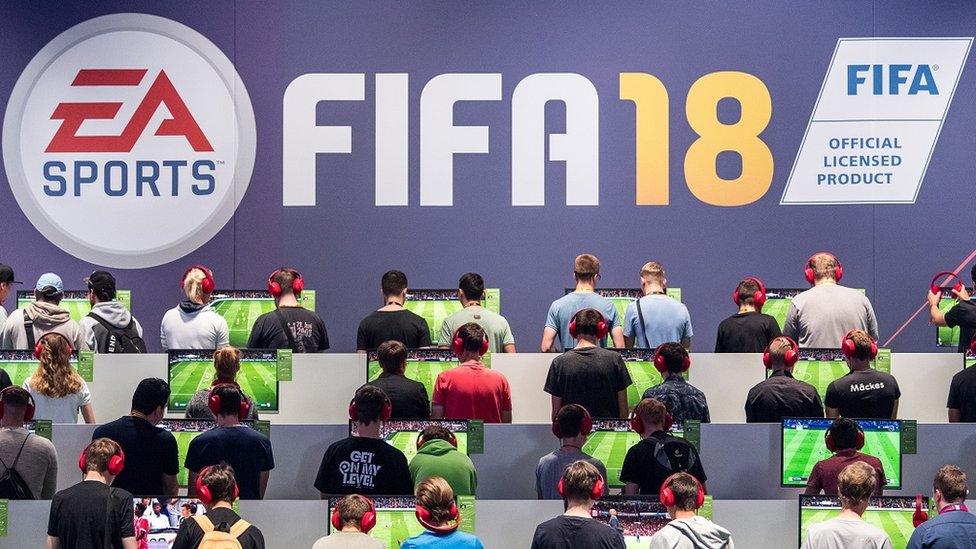Gaming loot boxes: What happened when Belgium banned them?
- Published
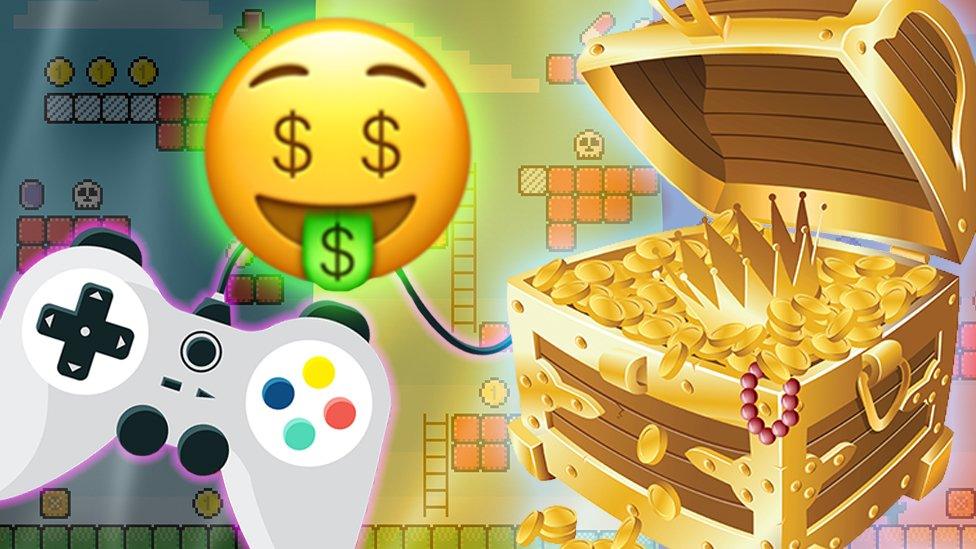
Loot boxes in gaming should be treated in the same way as gambling, says a group of MPs.
That would mean the kind of in-game purchases, where players don't know what's in a box until they've bought it, would be banned for under-18s.
If that does come into force in the UK, what would it actually mean for everyday gamers?
For the answer, we can look to Belgium - which took the step to ban loot boxes altogether last year.
'Gamers are supportive of the ban'
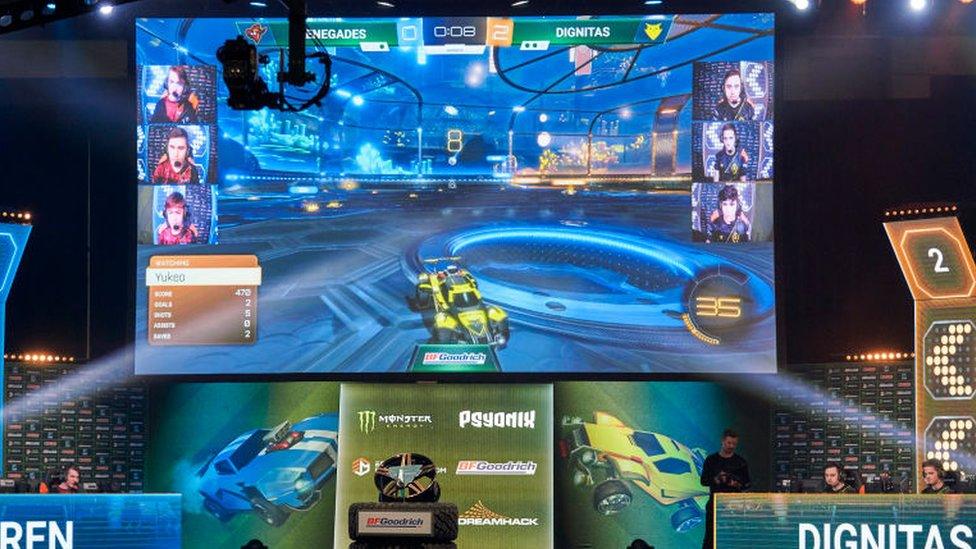
Rocket League plans to remove randomised loot boxes later this year
Loot boxes allow players to spend real money to unlock special characters, equipment or skins in a game.
The reason they're sometimes accused of being gambling is because you're not guaranteed anything good or valuable when you buy a box - there's an element of chance, like a lucky dip.
They're popular in many games such as Fifa, Call of Duty and Apex Legends.
But it was Star Wars Battlefront II which kicked off the debate in Belgium.
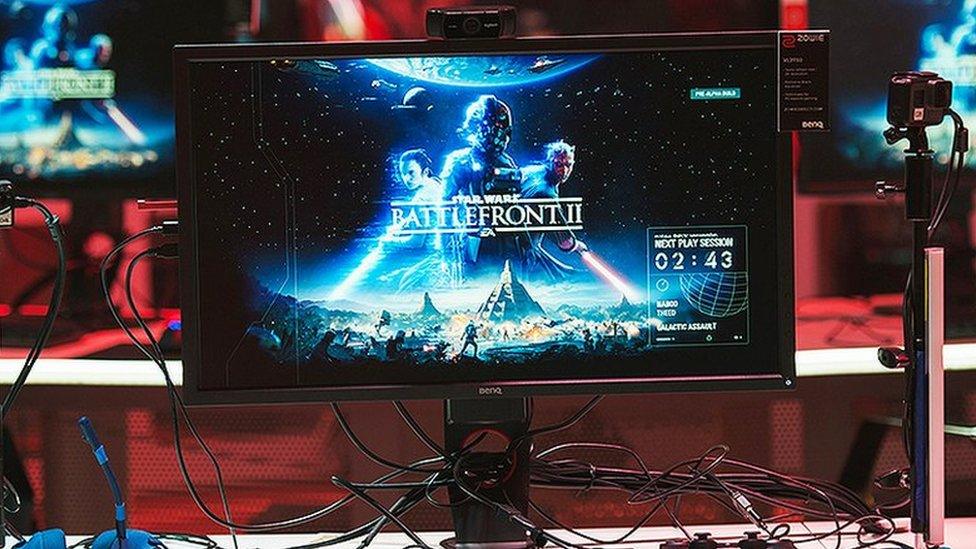
Star Wars Battlefront II sparked the change in Belgium
The 2017 game was criticised by players because major characters such as Princess Leia and Darth Vader had to be unlocked through loot boxes.
The backlash led publisher EA to suspend in-game purchases.
Gamers were "actually pretty supportive of the ban," says Belgian gaming journalist Ronald Meeus.
"Gamers tend to see it as something dishonest, and something that can create a competitive advantage inside the game."
'Surprise mechanics'

Fifa is well known for its loot boxes
Along with Battlefront II, the Belgian Gaming Commission investigated Fifa 18, Overwatch and Counter-Strike: Global Offensive.
"The video gaming companies don't agree, of course," says Ronald.
"Companies like Electronic Arts are debating it pretty fiercely - they even went so far as to as to rename loot boxes."
EA call them "surprise mechanics", and one of the company's vice presidents compared them to Kinder Eggs.
Some loot boxes can also be won as rewards in a game, rather than being bought with real money.
Though these are still frowned upon by the Gaming Commission in Belgium they are allowed.

EA's Kerry Hopkins argued loot boxes are "quite enjoyable to people."
However, Ronald Meeus says that in his experience, Belgian gamers are pretty pleased to see the back of them.
Belgian gambling rules are already quite strict, he adds. "And I guess, it's that established sort of culture that makes Belgium a kind of a pioneer in this whole discussion."
Many UK gamers may feel the same.
"When you speak to any gamer, even gamers who do buy those games and do buy into those loot boxes, none of them are happy with it," games journalist and PR Ryan Brown told Newsbeat in June.
"They don't deem it as being fun, they wish it wasn't there."
Why do companies create loot boxes?
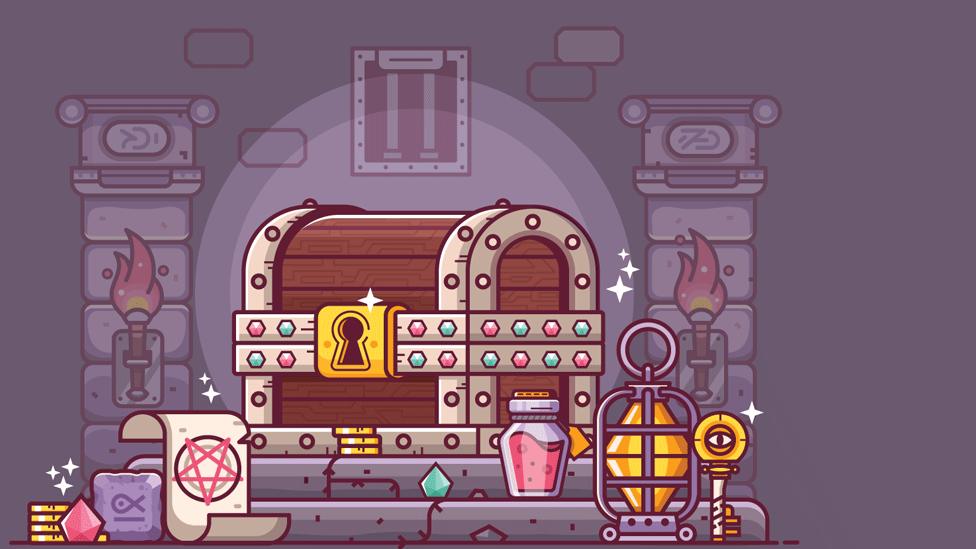
Loot boxes offer a variety of rewards that can improve game-play
Loot boxes have crossed over from free mobile games to console and PC games in the past few years.
As games developers have to pour more and more money into creating more innovative and impressive titles, game prices haven't really gone up dramatically.
So they try to make their money back in other ways - which is why in-game purchases have become so big.
Loot box spending 'creates problem gamblers'
The UK's Digital, Culture, Media and Sport Committee's inquiry into addictive and immersive technologies heard stories of young adults who'd built up debts of thousands of pounds through spending in games.
Jagex, the company behind online game RuneScape, admitted players could spend up to £1,000 a week or £5,000 a month.
But the group of MPs looking into this also said that some gaming companies didn't give clear answers - especially on questions about what data was collected and the psychology underpinning how games were designed.
In 2018, computer scientists suggested there was a link between loot boxes and problem gambling.
But enforcing a ban on loot boxes for under-18s might prove difficult for the government, given consoles and online accounts can be easily shared by many people.


Follow Newsbeat on Instagram, external, Facebook, external, Twitter, external and YouTube, external.
Listen to Newsbeat live at 12:45 and 17:45 weekdays - or listen back here.
- Published12 September 2019
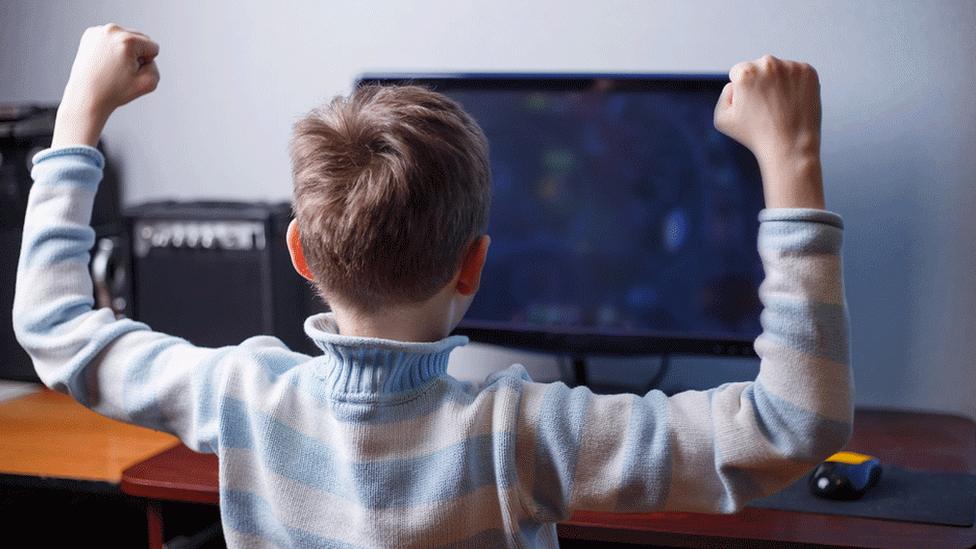
- Published9 July 2019
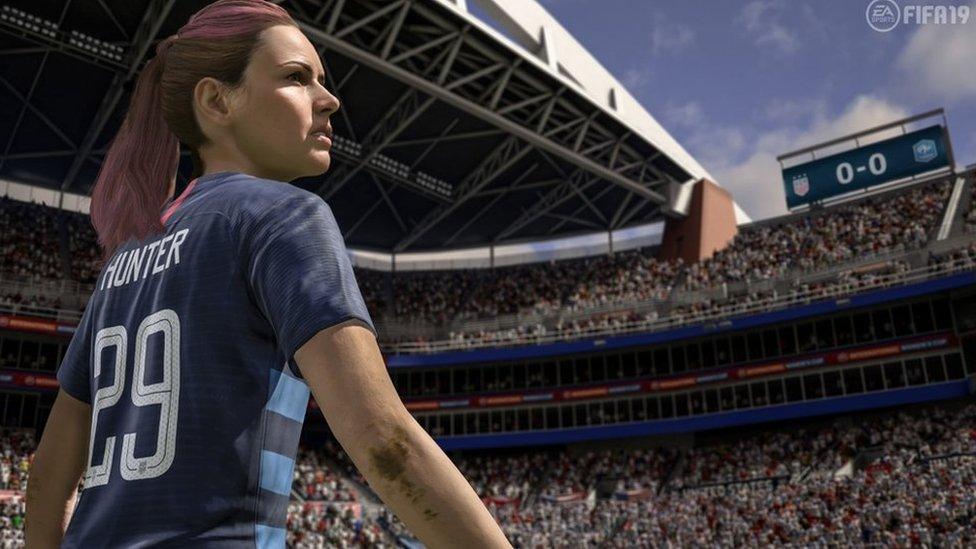
- Published20 June 2019

- Published22 November 2018
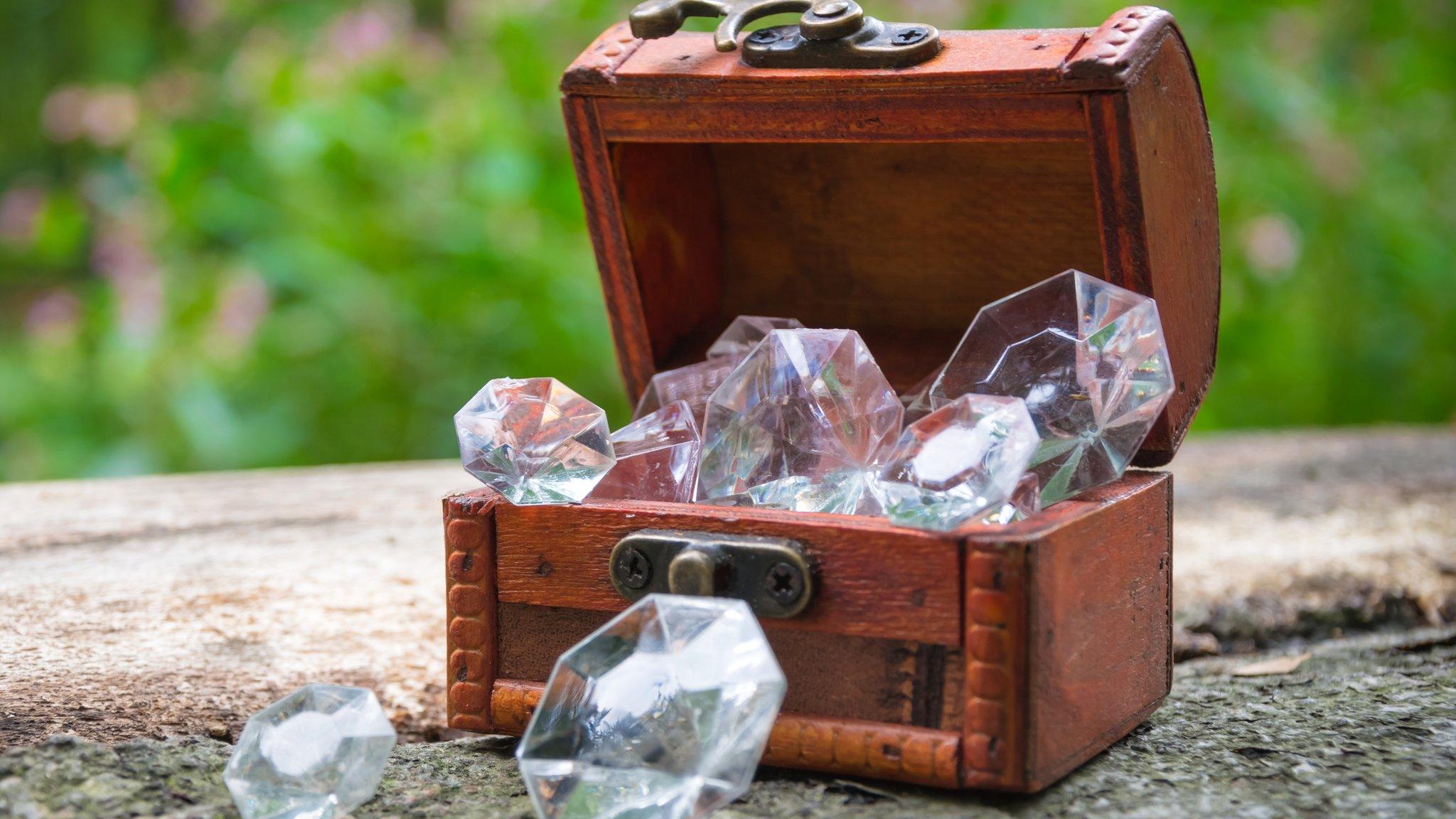
- Published26 April 2018
